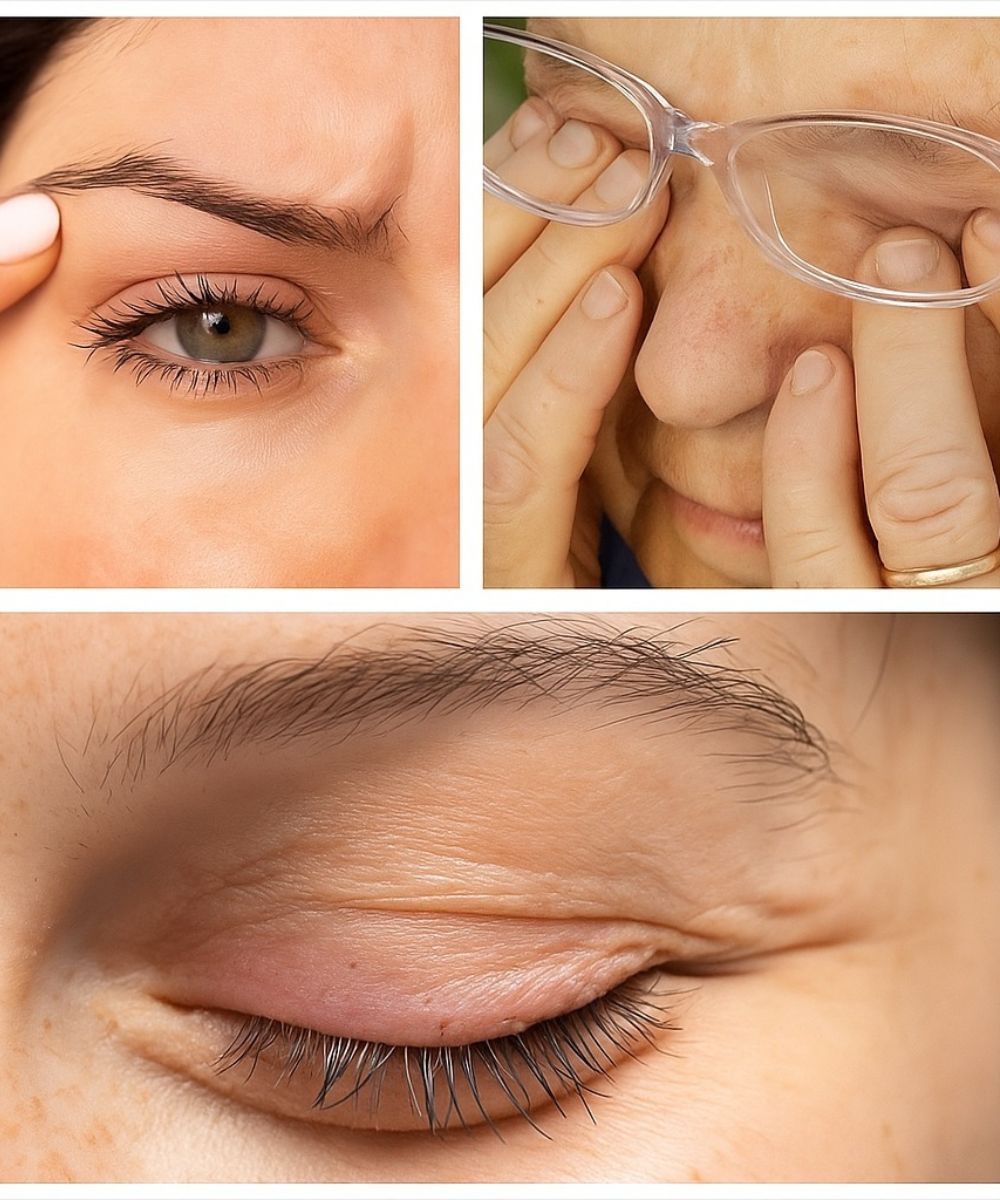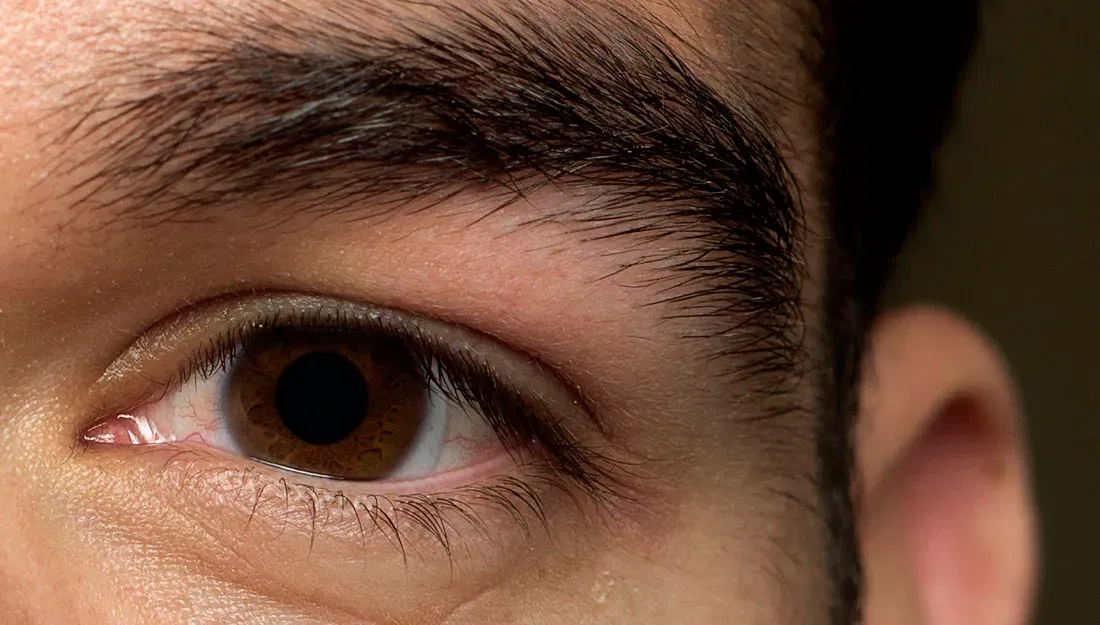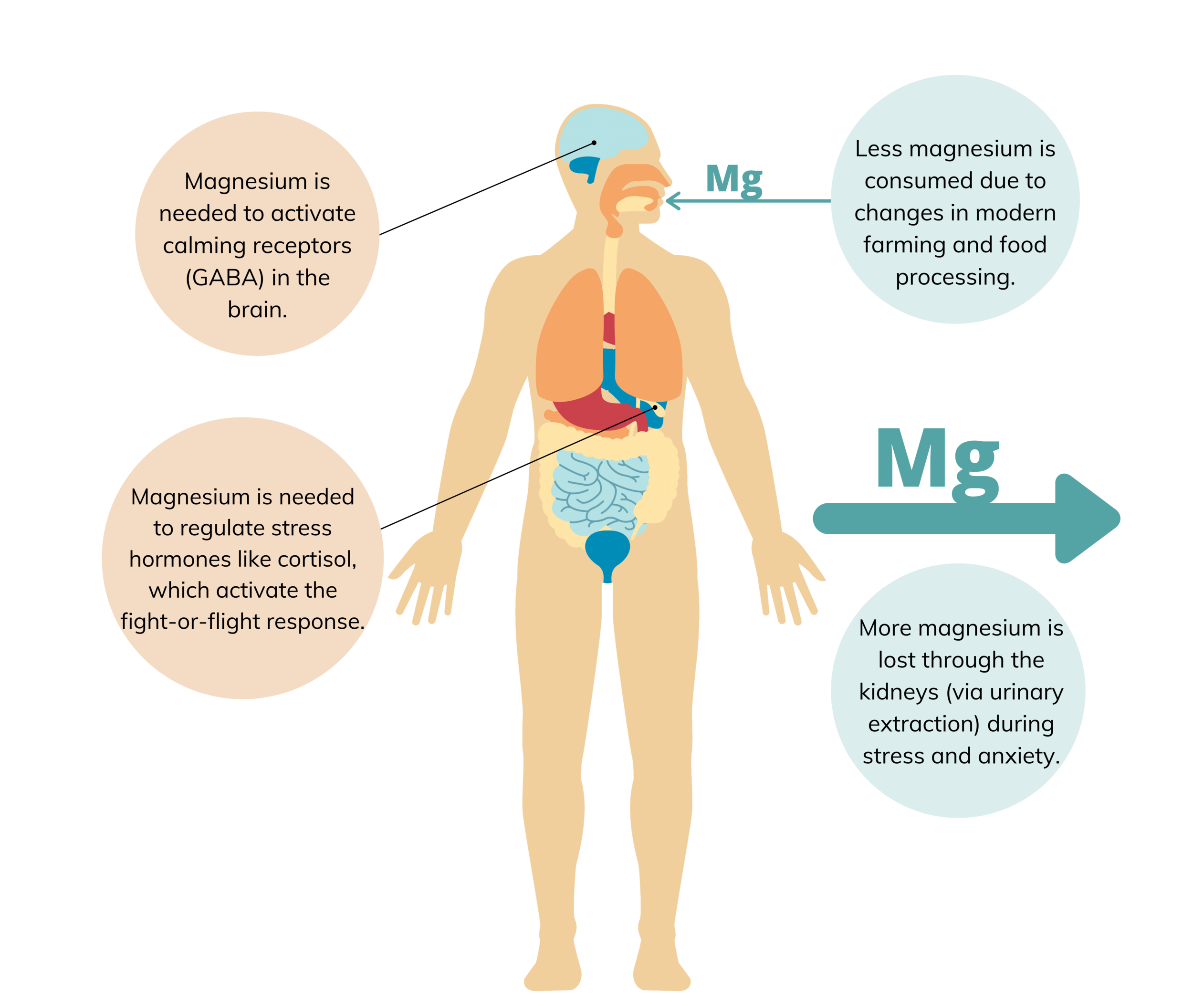
Eyelid twitching is an involuntary muscular spasm that rarely causes major problems. However, it might be linked to a variety of medical, emotional, or environmental variables that impact the neurological or muscle systems. Listed below are the most typical causes:
1. Stress.
It is the most common reason. When you’re stressed or anxious, facial muscles, such as those in your eyelids, may respond with involuntary motions.
2. Lack of sleep.

The neurological system suffers as a result of little or poor sleep. Accumulated weariness can cause small muscular spasms, such as those in the eyelids.
3. Excess caffeine or alcohol.
These drugs stimulate the neurological system, causing involuntary movements like eyelid twitching.
4. Dry or irritated eyes
Spending extended periods of time in front of screens or in air-conditioned places can dry out your eyes, causing them to twitch as a defense mechanism.
5. Magnesium or potassium deficiency
These minerals are essential for muscle health. Their deficiency can cause spasms, including those of the eyelid.
6. Excessive use of screens
Eye strain is a typical reason. Constant blinking in front of laptops or cellphones might cause discomfort.
7. Neurological issues (in rare instances)
Although unusual, if the twitching is continuous, severe, and affects other regions of the face, it may suggest a neurological issue requiring medical care.
What to do if your eyelid twitches?

While eyelid twitching usually goes away on its own, there are several things you can do to reduce its frequency and prevent future discomfort:
- Get adequate rest: Make sure you get between 7 and 9 hours of sleep per night.
- Reduce stress: Practice relaxation techniques such as meditation, deep breathing, or yoga.
- Moderate caffeine and alcohol consumption: If you notice that the tremor occurs after drinking coffee, try cutting back.
- Hydrate your eyes: Use artificial tears if you experience dryness or redness.
- Take breaks from screens: Follow the 20-20-20 rule (every 20 minutes, look at something 20 feet away for at least 20 seconds).
- Take care of your diet: Include foods rich in magnesium such as nuts, seeds and
- green leafy vegetables.
- See a doctor if it persists: If the spasm lasts more than a week, affects both eyes, or spreads to other areas of the face, see a specialist.
Listening to your body is essential. A slight eyelid twitch may be a short inconvenience, but it can also be a subtle warning that you should adjust your routine or take better care of your overall health.



















